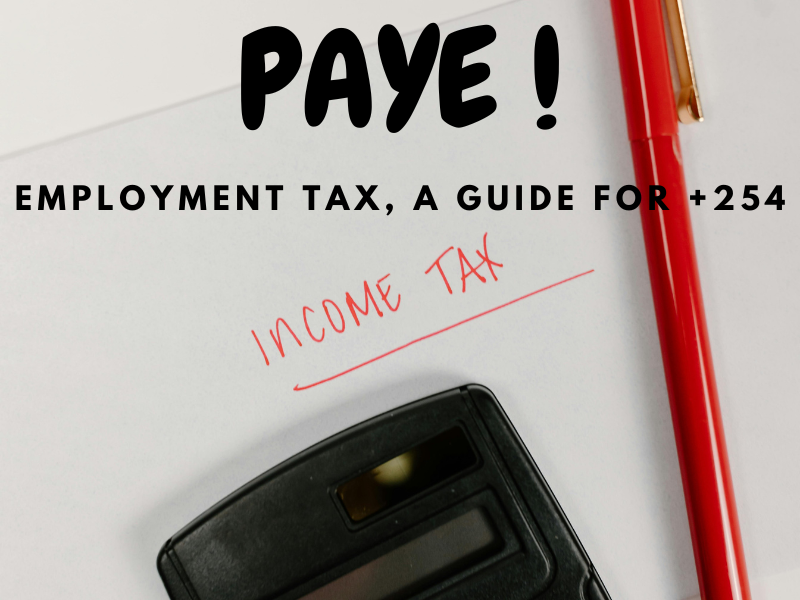Starting Freelancing in Transcription
Are you looking to break into the world of freelancing but don’t know where to start? Transcription might just be the perfect entry point for you. With the rise of remote work and the need for accurate transcription services, there’s a growing demand for skilled transcribers. Whether you’re a stay-at-home parent, a college student looking to earn some extra cash, or someone seeking a flexible career option, freelancing in transcription offers a plethora of opportunities. In this comprehensive guide, we’ll walk you through the steps to kickstart your career in transcription, highlight some common pitfalls to avoid, and provide tips on how to generate a consistent revenue stream.
Getting Started: Essential Skills and Tools
Before diving into the world of transcription, it’s important to ensure you possess the necessary skills and tools for the job. While transcription may seem straightforward, it requires attention to detail, excellent listening skills, and proficient typing abilities. Additionally, having a reliable computer and internet connection is essential. Here’s a breakdown of the key skills and tools you’ll need:
Skills required
1. Attention to Detail: Transcription involves accurately transcribing spoken content into written form, requiring a keen eye for detail to capture nuances such as tone, pauses, and accents.
2. Typing Speed and Accuracy: The ability to type quickly and accurately is crucial for meeting tight deadlines and delivering high-quality transcriptions.
3. Active Listening: Being able to actively listen and comprehend spoken content is essential for accurately transcribing audio files.
Tools
1. Computer: A reliable computer or laptop with sufficient processing power and storage capacity.
2. Transcription Software: While some clients may provide their own transcription software, it’s helpful to familiarize yourself with popular transcription tools such as Express Scribe, oTranscribe, or TranscriberAG.
3. Headphones: A good pair of noise-canceling headphones can help improve your focus and accuracy while transcribing.
Finding Transcription Opportunities
Once you’ve honed your skills and equipped yourself with the necessary tools, it’s time to start looking for transcription opportunities. There are numerous online platforms that connect freelancers with transcription jobs, ranging from general transcription to specialized fields such as legal or medical transcription.
Here are 20 reputable transcription sites to explore:
- Rev: Rev.com
- TranscribeMe: TranscribeMe.com
- GoTranscript: GoTranscript.com
- Scribie: Scribie.com
- CastingWords: CastingWords.com
- Speechpad: Speechpad.com
- GMR Transcription: GMRTranscription.com
- Tigerfish: Tigerfish.com
- Transcription Hub: TranscriptionHub.com
- Daily Transcription: DailyTranscription.com
- 3Play Media: 3PlayMedia.com
- CrowdSurf: CrowdSurfwork.com
- Ubiqus: Ubiqus.com
- Way With Words: WayWithWords.net
- Babbletype: Babbletype.com
- Neal R. Gross: NealRGross.com
- Verbit: Verbit.ai
- Neal G. Ryan: NealGRyan.com
- CrowdSurf: CrowdSurf.com
- Quicktate: Quicktate.com
Pitfalls to Avoid
While freelancing in transcription offers flexibility and the potential for a decent income, there are some common pitfalls to be aware of:
1. Underestimating Time Commitment: Transcription can be time-consuming, especially for beginners. Avoid overcommitting yourself and accurately estimate the time required for each project.
2. Ignoring Style Guidelines: Clients may have specific formatting and style requirements for transcriptions. Always adhere to these guidelines to ensure client satisfaction.
3. Skipping Proofreading: Proofreading is essential to catch errors and ensure the accuracy of your transcriptions. Skipping this step can result in poor-quality work and dissatisfied clients.
4. Not Investing in Quality Equipment: Using subpar headphones or transcription software can hinder your productivity and accuracy. Invest in quality equipment to enhance your transcription experience.
5. Neglecting Professional Development: Continuously hone your transcription skills through practice and learning opportunities. Stay updated on industry trends and tools to remain competitive in the field.
Generating Consistent Revenue
While freelancing inherently involves fluctuations in income, there are strategies you can employ to generate a more consistent revenue stream as a transcriptionist:
1. Diversify Your Client Base: Don’t rely solely on one platform or client for work. Diversify your client base by working with multiple platforms and cultivating long-term relationships with clients.
2. Specialize in Niche Areas: Consider specializing in niche areas such as legal or medical transcription. Specialized skills often command higher rates and attract clients seeking expertise in specific fields.
3. Improve Efficiency: Continuously look for ways to improve your transcription efficiency without compromising quality. Utilize keyboard shortcuts, transcription software features, and time management techniques to streamline your workflow.
4. Set Realistic Goals: Set achievable income goals based on your availability and skill level. Break down larger goals into smaller milestones to track your progress and stay motivated.
5. Provide Excellent Customer Service: Building a reputation for reliability and professionalism can lead to repeat business and referrals. Communicate promptly with clients, meet deadlines consistently, and address any concerns or feedback proactively.
Conclusion
Embarking on a freelancing career in transcription can be a rewarding and lucrative endeavor for those willing to put in the effort. By honing your skills, leveraging online platforms, and adopting best practices, you can establish yourself as a successful transcriptionist capable of generating a consistent revenue stream. Remember to stay adaptable, continuously learn and improve, and above all, enjoy the journey of building your freelancing career in transcription.











